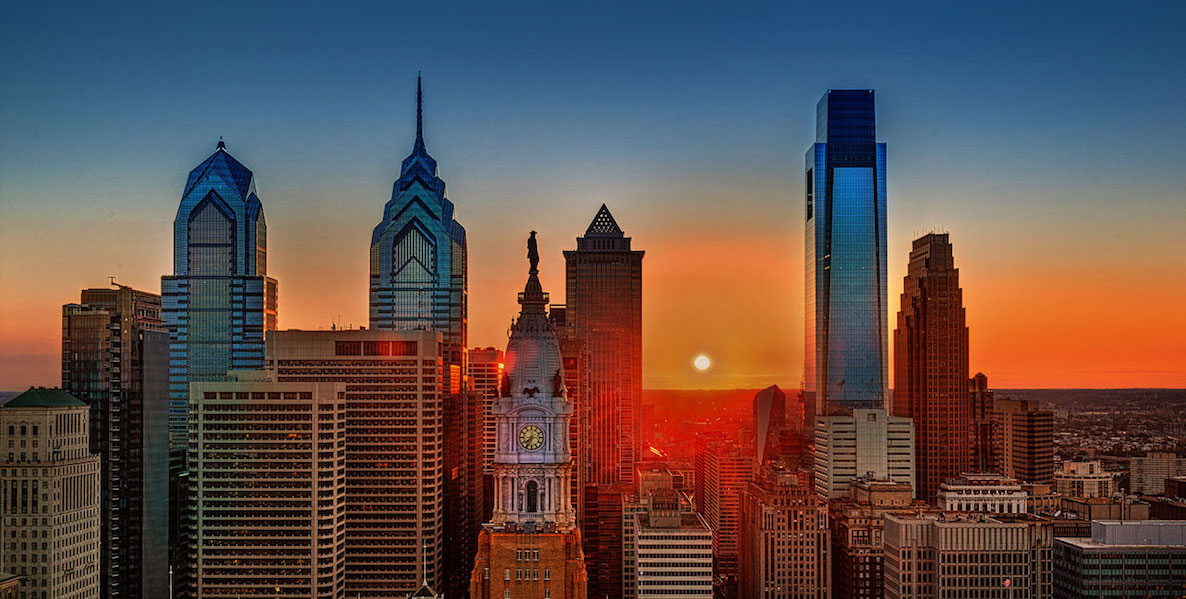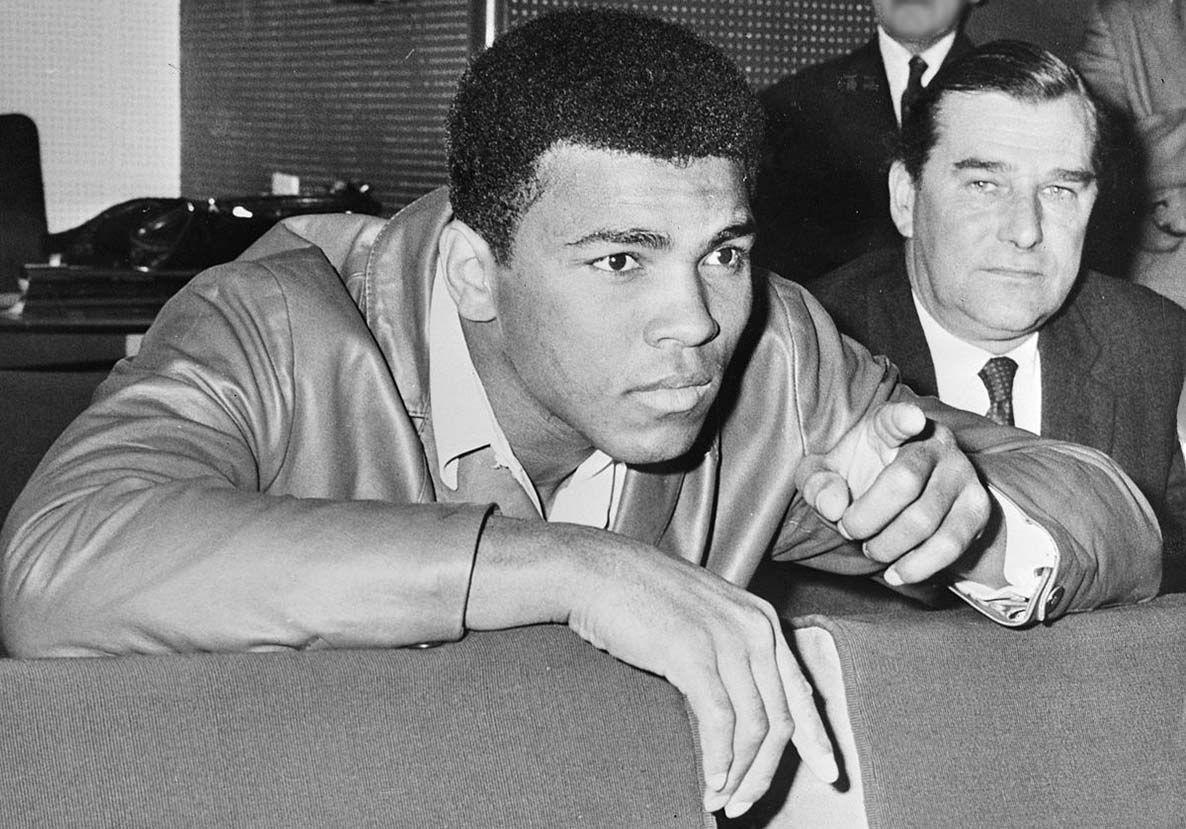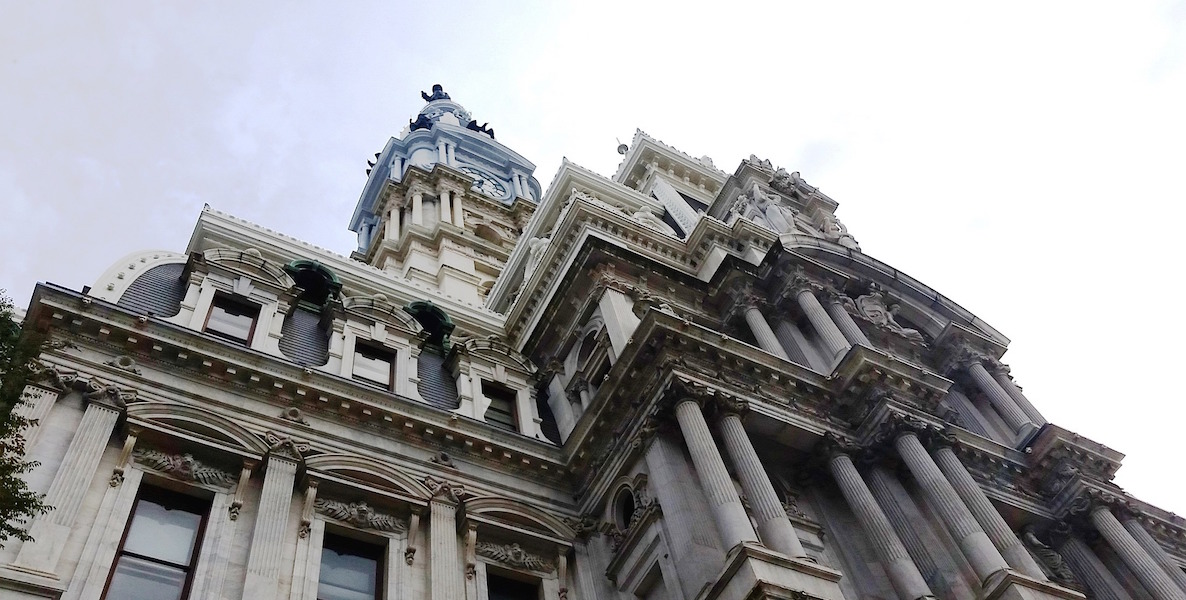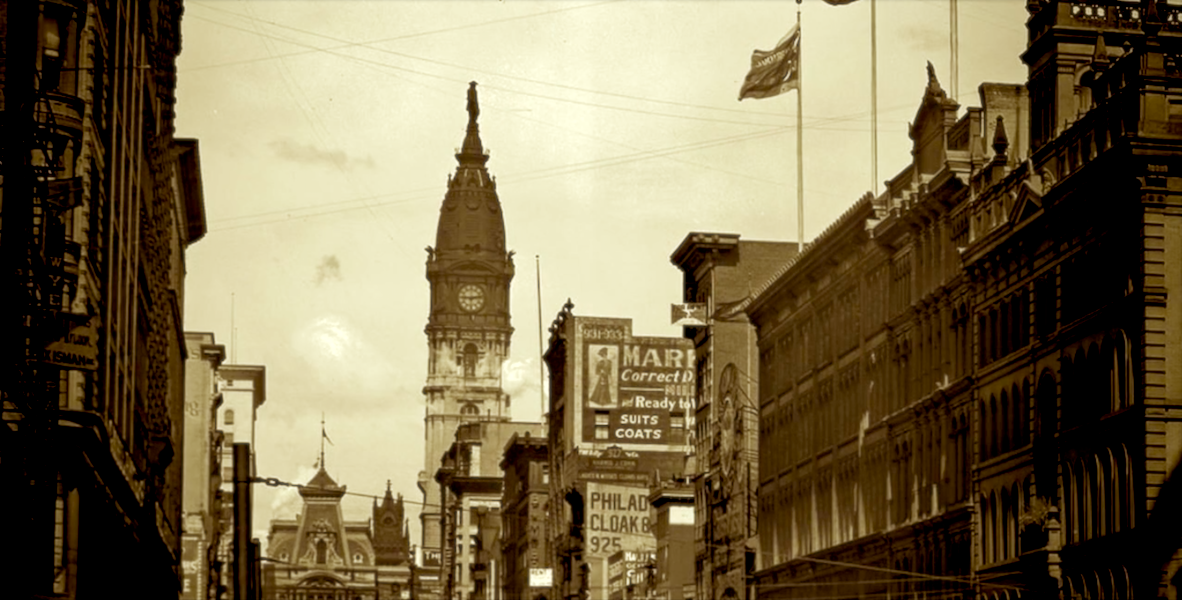It was the 19th century and Philadelphian John Wanamaker had just opened the city’s first department store. A true wonder to many at the time, the grand building was filled with household goods and clothing produced in Philadelphia that customers could simply buy for a predetermined price.
The ties, and hats, and canes were on display ready for the choosing; exchanges and returns were easily granted at the counter. And employees were given something called “benefits,” ensuring their health, education, housing, and quality of life were taken care of.
As Kate Oxx of Saint Joseph’s University says of Wannamaker: “Do unto others as you would have them do unto you. And he takes this idea and blends it with capitalism and sells it back to people.”
Wanamaker was one of Philadelphia’s most beloved civic and political figures, a pioneer businessman and innovator. He lived in a time of grandeur for Philly—the opening of the Wanamaker building, the development of Fairmount Park, the decades long construction of City Hall, the launch of the Centennial World’s Fair.
![]() But just below the sturdy foundation of these big ideas and daring plans grew the slow rot of corruption. That’s the history, from 1872 to 1899, that tonight’s episode of Philadelphia: The Great Experiment—the latest release from Sam Katz’s History Making Productions—will explore. The 14-part chronological treatment of the history of Philadelphia is a window into the city’s greater role in shaping the narrative of the United States, and highlights the magnificent accomplishments and just as magnificent failures by the leaders and entrepreneurs throughout its history.
But just below the sturdy foundation of these big ideas and daring plans grew the slow rot of corruption. That’s the history, from 1872 to 1899, that tonight’s episode of Philadelphia: The Great Experiment—the latest release from Sam Katz’s History Making Productions—will explore. The 14-part chronological treatment of the history of Philadelphia is a window into the city’s greater role in shaping the narrative of the United States, and highlights the magnificent accomplishments and just as magnificent failures by the leaders and entrepreneurs throughout its history.
Executive Producer Katz sees some of the overlap, similarities, and differences from the mid to late 1800s to today’s modern Philadelphia, and wonders where the true visionaries of today are hiding.
“It was a pretty big thinking time for Philadelphia,” he says. “Where is that city? What happened to that city, that thinking? The Wanamakers of the world didn’t ask permission.”
![]() The period highlighted in the 12th episode of The Great Experiment, airing on 6abc tonight, covers a particularly transformative time for Philadelphians and the world. Principal Caroline LeCount spoke up for more Black teachers in Philly schools to promote equal education and opportunities for children. The creation and implementation of a planned city within the city of 248 buildings to support the Centennial World’s Fair pushed Philadelphia closer toward becoming a pinnacle city in the U.S.
The period highlighted in the 12th episode of The Great Experiment, airing on 6abc tonight, covers a particularly transformative time for Philadelphians and the world. Principal Caroline LeCount spoke up for more Black teachers in Philly schools to promote equal education and opportunities for children. The creation and implementation of a planned city within the city of 248 buildings to support the Centennial World’s Fair pushed Philadelphia closer toward becoming a pinnacle city in the U.S.
But not before corrupt politicians could get their hands on it, ultimately drilling the visions of civic leadership and inclusiveness into the ground—something in many ways from which Philadelphia is still recovering. Susan B. Anthony shared some of the sentiments of the time for women by giving a speech during a reading of the Declaration of Independence: “Resolved that the men of America are political monarchs, their wives, daughters, and sisters are subjects.”
“I think there’s a bit of a wake-up call in reminding people of these stories,” Katz says. “There’s a new generation in Philadelphia who have not been sucked into the status quo of Philadelphia’s incrementalism and, hopefully, as we progress throughout the next 10, 20, 30 years that group of people will be able to separate themselves from the slow pace that characterizes whatever we do here.”
Tune in tonight to see the full episode and catch up with the whole series here.
Philadelphia: The Great Experiment, World Stage on 6abc, Thursday, April 19, 7:30 pm
The Great Experiment





